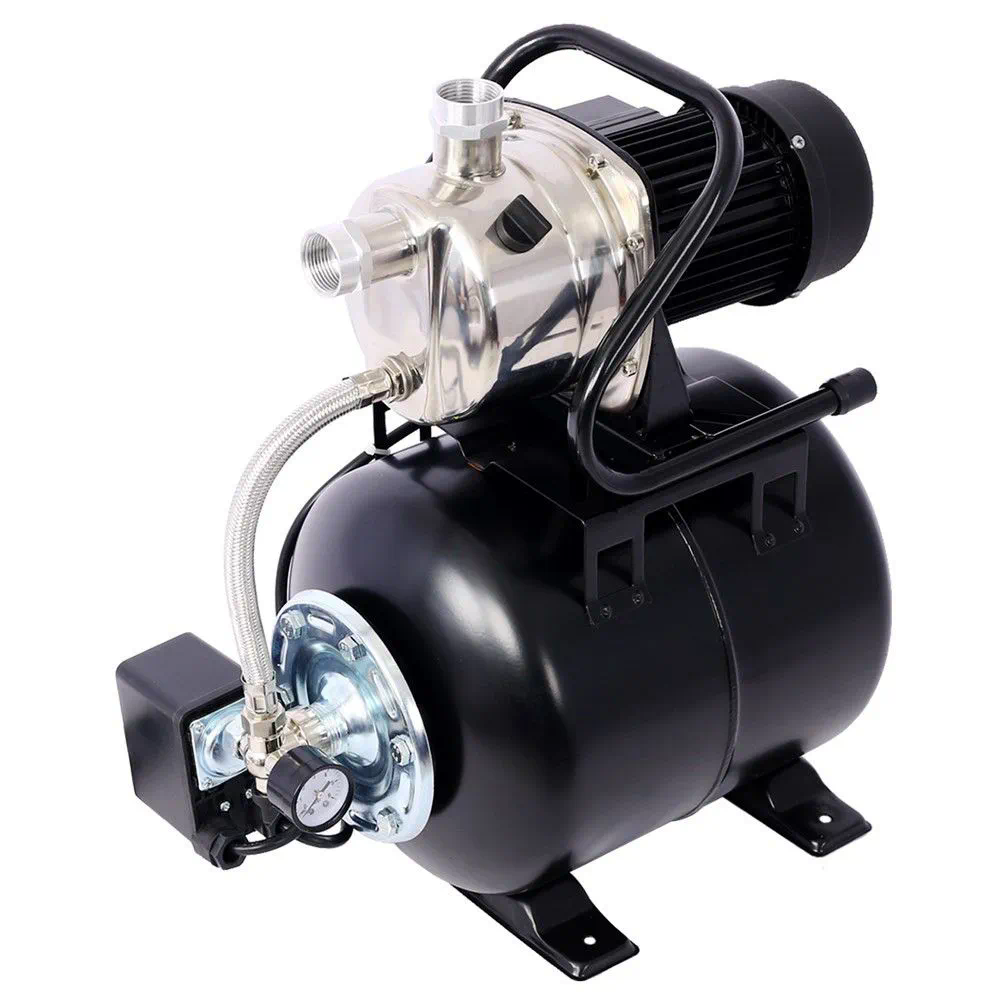advantages and disadvantages of glass lined reactor
Glass-lined reactors are widely used in chemical and pharmaceutical industries due to their unique properties that combine the advantages of glass and metal materials. These reactors consist of a glass-lined steel vessel with high thermal conductivity, excellent chemical resistance, and a smooth surface. Despite their widespread use, they also come with certain drawbacks that need careful consideration in various applications.
Advantages of Glass-Lined Reactors
Glass-lined reactors offer several advantages that make them suitable for a range of industrial processes:
1. Chemical Resistance
The primary advantage of glass-lined reactors is their exceptional resistance to corrosion from acids, alkalis, and other aggressive chemicals. The glass lining prevents the metal substrate from coming into contact with corrosive substances, thereby extending the equipment’s lifespan.
2. Thermal Shock Resistance
Glass-lined reactors can withstand rapid changes in temperature without cracking or shattering, thanks to the thermal expansion properties of the glass lining and the supportive steel structure. This thermal shock resistance is crucial for processes involving temperature cycling.
3. Smooth Surface
The smooth, non-porous surface of the glass lining minimizes the risk of contamination and facilitates easy cleaning. This feature is particularly beneficial glass lined reactor agitator types in industries requiring strict hygiene standards, such as pharmaceutical manufacturing.
4. Transparency
The glass lining allows operators to visually inspect the process inside the reactor without compromising the integrity of the vessel. This transparency is advantageous for monitoring reactions and identifying potential issues during operation.
5. Cost-Effective
In many cases, glass-lined reactors can offer cost savings compared to reactors made entirely from exotic metals or alloys. They provide a balance between performance and affordability, making them a preferred choice for various chemical processes.
Disadvantages of Glass-Lined Reactors
Despite their advantages, glass-lined reactors also have limitations that should be taken into account:
1. Mechanical Strength
Glass-lined reactors are more susceptible to mechanical damage compared to reactors made from solid metal alloys. They can crack or chip if subjected to impacts or abrupt temperature changes beyond their design limits.
2. Limited Operating Temperature Range
Glass-lined reactors have a restricted operating temperature range, typically between -20°C to 200°C, depending on the glass material and design. This limitation may not be suitable for processes requiring extremely high or low temperatures.
3. pH Range Limitation
While glass-lined reactors offer excellent resistance to many chemicals, they may not be suitable for highly alkaline or acidic environments beyond certain pH levels. Extreme pH conditions can degrade the glass lining over time.

4. Maintenance Challenges
Maintaining the integrity of the glass lining requires careful handling and regular inspection to prevent damage and ensure long-term performance. Repairs glass lined reactor spark test to the glass lining can be costly and time-consuming, impacting production schedules.
5. Compatibility Issues
Certain chemicals and processes may not be compatible with glass-lined reactors due to specific interactions with the glass material. Compatibility testing is essential before using these reactors for new or specialized applications.
Conclusion
In conclusion, glass-lined reactors are valuable assets in chemical and pharmaceutical industries due to their corrosion resistance, thermal shock resistance, and transparency advantages. However, they require careful consideration of their mechanical limitations, temperature constraints, and maintenance needs. Understanding both the strengths and weaknesses of glass-lined reactors is crucial for selecting the right equipment and optimizing process efficiency in industrial applications.
By balancing these factors, operators can leverage the benefits of glass-lined reactors while mitigating potential drawbacks, ensuring safe and efficient operation in diverse chemical processes.
https://flycatcoo.com/

